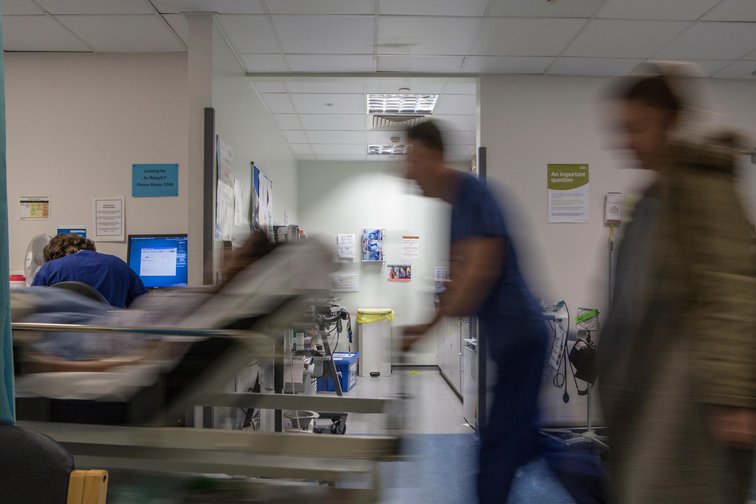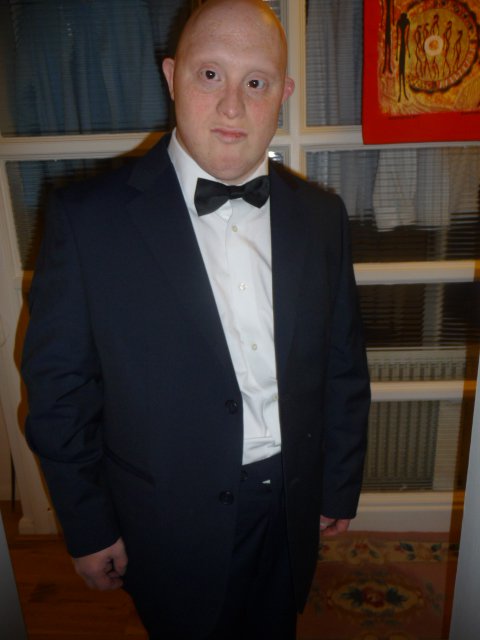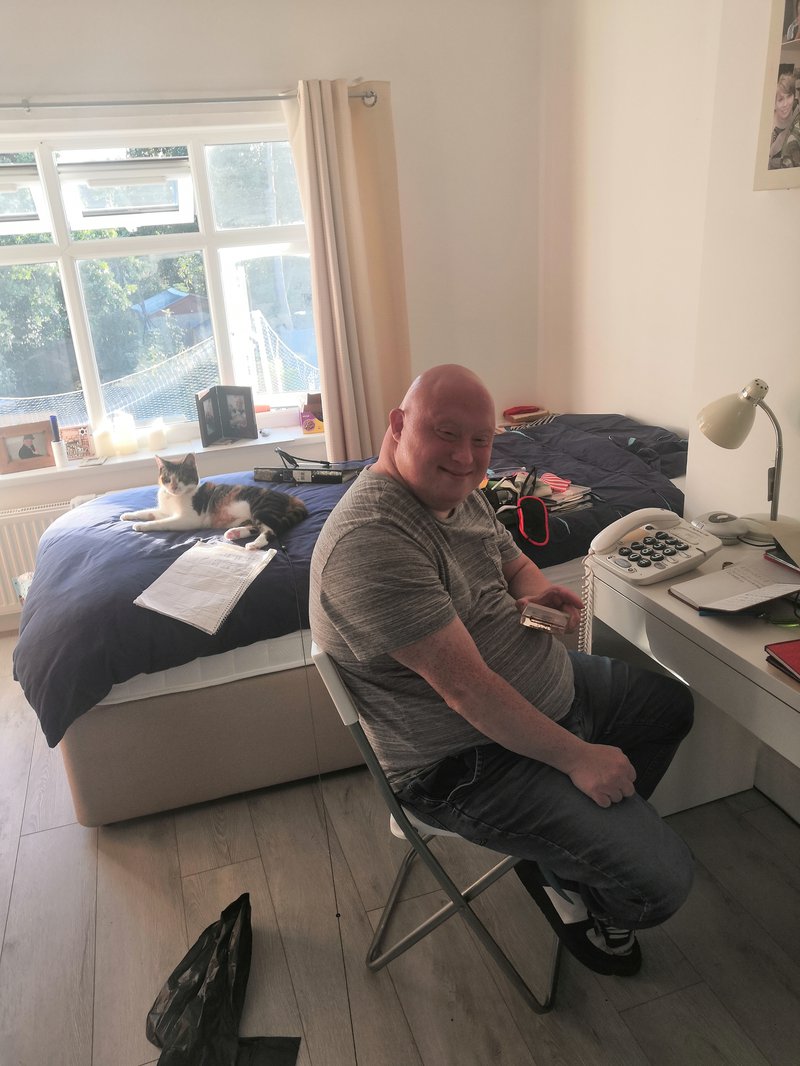A Brief Colonial History Of Ceylon(SriLanka)
Sri Lanka: One Island Two Nations
A Brief Colonial History Of Ceylon(SriLanka)
Sri Lanka: One Island Two Nations
(Full Story)
Search This Blog
Back to 500BC.
==========================
Thiranjala Weerasinghe sj.- One Island Two Nations
?????????????????????????????????????????????????Saturday, June 12, 2021
Half of deaths among people with learning disabilities in England in 2020 were ‘avoidable’
Father tells of son being denied ventilator as report reveals many of those with learning disabilities who died of COVID did not receive good enough care
 |
Last year, England’s avoidable death rate across all illnesses was three times higher for those with learning disabilities| Nick Moore / Alamy
In March last year, John Baskin received a phone call telling him that doctors were not planning on providing a ventilator for his son, Steven. Steven, who is 43 years old and has Down’s Syndrome, had been hospitalised with COVID-19.
“She [the doctor] was telling me that, ‘If your son needs a ventilator, I’m afraid we’re not going to be able to give him one.’ I just gasped.”
“I felt sick, absolutely sick. I don’t mean that as an expression, I really did.”
Though Steven thankfully survived COVID-19, his experience was not unique. Half of deaths among people with learning disabilities during the pandemic last year were avoidable, according to a report published yesterday. The rate of avoidable death was three times higher than the general population.
The report by the Learning Disabilities Death Review Programme (LeDeR) found that, in England, COVID-19 was the leading cause of death for those with learning disabilities in 2020. It revealed that almost half of those who died from COVID-19 did not receive good enough care. Some patients contracted COVID-19 in hospital, others received delays in diagnosis and treatment.
 |
The report also found that almost a third of ‘Do Not Resuscitate (DNR) notices issued to people with learning disabilities who died from COVID-19 were incorrectly followed.
DNR orders mean that, if a patient’s heart or breathing stops, doctors will not try to restart it. These decisions are usually made by a patient and their healthcare team but there has been concern from the Care Quality Commission that DNR notices have led to potentially avoidable deaths.
Yesterday’s report found that some incorrect DNR decisions, both for patients with COVID and other illnesses, came from giving inappropriate medical conditions, such as ‘learning disabilities’ or ‘Down’s Syndrome’. In other cases, proper decision-making processes had been ignored – for example, families were not involved or the discussion was not recorded.
In 2020, the average age of death for a man with severe learning disabilities from a minority ethnic group was only 33
The doctor who informed John Baskin about the decision not to use a ventilator said this was due to Steven’s “underlying health conditions”. But Steven’s only other physical health condition was vasculitis – inflammation of his blood vessels. It was under control through medication and John didn’t feel this should rule out potentially life-saving treatment for COVID-19.
“I sat up practically the whole night thinking what I should do,” recalled John. “I got up and wrote a letter, in the middle of the night, to his [vasculitis] doctor.”
“She said, ‘This is outrageous’.”
The next day the vasculitis consultant personally visited Steven and challenged doctors on the COVID-19 ward. They apologised and withdrew their decision.
Dramatic reduction in life expectancy
During the pandemic, the risk of death involving COVID-19 was almost four times higher for those with a learning disability. Yet the increased risk of illness, disease and death faced by people with learning disabilities is not limited to the coronavirus pandemic.
According to the report, life expectancy of those with learning disabilities compared to the general population is 27 years less for women and 23 years less for men.
Perhaps most concerning is the dramatic reduction in life expectancy for those from ethnic minorities. In 2020, the average age of death for a man with severe learning disabilities from a minority ethnic group was only 33. For a white man with severe learning disabilities, the average age of death is 59, rising to 83 for the general population.
Keri-Michèle Lodge, an NHS consultant in psychiatry of intellectual disability, has a brother with learning disabilities and has witnessed the human cost behind these statistics. Her brother is non-verbal and communicates using a text-to-speech computer called a Lightwriter.
“He was saying on his Lightwriter, ‘Fizzy, fizzy’ and he didn’t want to look at computers anymore. So we went to the GP and said, ‘Look, we think there is something wrong with his eyesight’,” she recalled of the incident around 15 years ago.
If you had listened to us sooner and seen him sooner, perhaps that would have been repairable
After some delays, he was referred to an eye specialist. “The GP surgery said, ‘Could you please see this gentleman?’ and the letter came back with just a handwritten ‘no’ on it. That was it. They didn’t even consider seeing him.”
Lodge was a medical student at the time, so she pushed for the referral. Specialists eventually diagnosed her brother with a detached retina but it was too late.
“He became registered blind after that. One of the things he really liked to do was using computers, but obviously you need to be able to see for that,” said Lodge. “I was thinking, if you had listened to us sooner and seen him sooner, perhaps that would have been repairable.” If treated quickly, detached retinas can be reversed.
Lodge believes the treatment of her brother is typical of the challenges faced by people with learning disabilities when trying to access healthcare. This encouraged her to specialise in intellectual disability.
She explained that healthcare workers can mistakenly attribute symptoms of a physical health condition to a patient’s learning disability. This is known as ‘diagnostic overshadowing’. Her role as a consultant is to identify the symptom’s underlying causes.
“Someone might be brought to a clinic and for the last few weeks they’ve been hitting themselves on the face, which is a new thing,” she explained. “You need to work out why they’re hitting themselves in the face, and it could be something like they haven’t seen the dentist for a long time.”
Lodge also believes there is a lack of understanding of the Mental Capacity Act, which helps healthcare professionals judge whether someone has the capacity to make their own decisions – and what to do if they don’t. Recently, paramedics didn’t transport Lodge’s brother to hospital after the family called 999 to deal with a chest infection that turned out to be pneumonia. She believes they incorrectly judged her brother to have capacity to make his own decisions.
Healthcare workers might have gone through school, then a degree, and they’ve never met a person with a learning disability
“Because he was scared of them [the paramedics] and said ‘no’, they thought he was making an informed decision to refuse to consent to going to hospital. It was terrifying. I could see how seriously unwell he was, and it felt like they had left him to die at home.”
Lodge called 999 again hours later, and this time the paramedics took her brother to hospital, having taken on board that he did not have capacity to make the decision and the severity of his condition. “In fact, within 24 hours, he was being transferred to intensive care to be put on a ventilator,” she said. Pneumonia is one of the most common causes of death for people with a learning disability.
Ultimately, Lodge feels that some healthcare workers simply lack the experience that comes from knowing people with learning disabilities personally.
“They might have gone through school, then a university degree, nursing or medicine, and they’ve never met another person with a learning disability. We need to do something more radical about how we better integrate people with a learning disability into day to day life.”
‘I can’t accept that he’s dead’
It is six years since LeDeR first started reviewing the deaths of people with learning disabilities. Yet in that time they’ve seen almost no reduction in the life expectancy gap between those with learning disabilities and those without. For many campaigners, change is long overdue.
One such campaigner is Paula McGowan, whose tireless work has finally led to the introduction of training in learning disability and autism for everyone in health and social care. It is named the Oliver McGowan Mandatory Training in honour of her teenage son, who died in 2016.
 |
After contracting meningitis at birth, Oliver developed epilepsy, a mild learning disability and autism.
“He was doing really well despite all that,” explained Paula. “Oliver played [football] for England, he was a Paralympian.”
In 2016, 18-year-old Oliver was admitted to hospital in Bristol following seizures. Both Oliver and his parents refused permission for him to be given antipsychotic medication because he had reacted badly to them before. Antipsychotics were even noted as an allergy on his medical records. Yet a consultant ignored their wishes. LeDeR has reported concerns around the over-prescription of antipsychotics, finding that almost a quarter of adults with learning disabilities have been given these drugs.
After being given the medication, Oliver’s temperature rose and a side effect of the drug caused his brain to swell. He died in intensive care 17 days after he was admitted.
“Why did I bring my son to hospital?” said Paula. “They were misunderstanding Oliver’s autism to be a mental health condition.”
“They weren’t learning or even asking from the people that knew best – which was Oliver himself, who was quite articulate, but also us [his parents].”
The nucleus of our family has been taken. Our house doesn’t ring with laughter anymore
An initial inquest found that the drug was properly prescribed but a later review said his death was “potentially avoidable”. The McGowans have now asked for a new inquest and there is an ongoing police investigation into Oliver’s death.
“When Oliver died, I thought: ‘Oh my God, the country is going to be on its knees when they find out about Oliver’. Then I learnt that he’s just a number. He’s just a statistic.”
“Oliver’s campaign [for the mandatory training] is about Oliver but it’s about every other learning disabled person, every other autistic person, because I will do everything in my power to try and prevent it happening again.
“Oliver should be alive and I can’t accept that he’s dead,” said Paula. “The nucleus of our family has been taken. Our house doesn’t ring with laughter anymore.”
‘It’s one thing in 1977, but in 2020’
For John Baskin, Steven’s treatment during the pandemic reminded him of how doctors reacted to his son’s birth in 1977, when he was first diagnosed with Down’s Syndrome.
“The first thing we were told back in 1977 was, ‘If you like, you don’t have to worry, we’ll take him [Steven] away, you won’t have to see him again,’” he recalled. John was also told that Steven would “be a vegetable”.

The same discriminatory attitudes seemed to influence the treatment of his son during the pandemic.
“I thought the medical profession had come a long way. To tell somebody the news that your child is going to be a vegetable is one thing back in 1977 but in 2020 to say, ‘If he’s in urgent need of a ventilator we’re not giving him one – in other words we’re going to put ‘Do Not Resuscitate’ – it’s something I didn’t expect to hear.”

